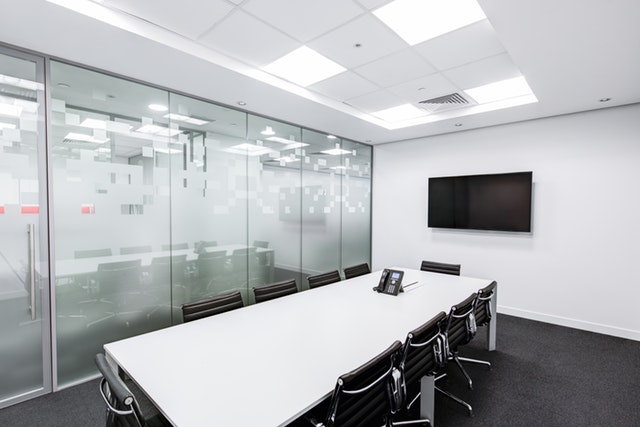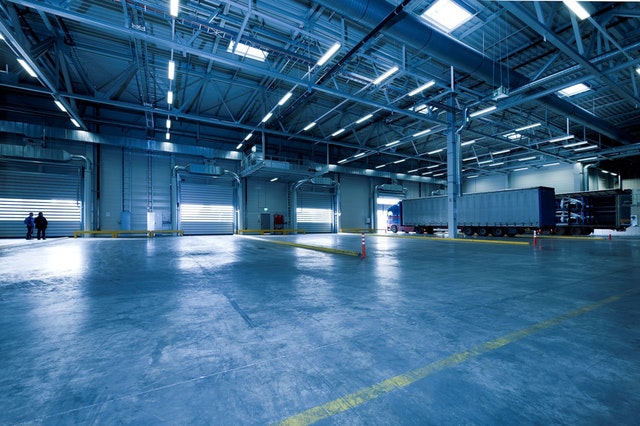The delay in the planning of the territory of Riga creates uncertainty for investors in the planning of objects.
The Riga territory plan for 2030, developed by the City Development Department of Riga City Council, was planned to be adopted in its final version already at the end of 2018. The decisions included in it strongly influence the realization of real estate investment projects in Riga, regulating, for example, requirements for construction areas and infrastructure objects. However, at the end of 2020, the plan has still not been approved, and members of the Real Estate Developers Alliance (NĪAA) express concern about the plan’s delay. NĪAA points out that the postponement of the adoption of the plan causes more and more uncertainty for investors about the issues of object planning, directly hindering investment in real estate in Riga. NĪAA members emphasize that the adoption and entry into force of the Riga Territorial Plan for 2030 (RTP2030) is an important starting point in the development of the industry and in the planning of future work. At the moment, every developer has to adapt to the uncertain situation and plan works, taking into account both the current and the future planning of the territory of the capital, creating uncertainties and potential gaps in the projects. “During the development of RTP2030, many suggestions given by NĪAA have been taken into account until now, and the industry is satisfied with it. However, the plan has not yet been adopted in the final version, even though the year 2030 is a very near future from the perspective of the real estate industry. In the current situation, developers plans have to be postponed indefinitely until the final decision is made, thereby both losing time for the construction of new buildings in Riga and encouraging the redirection of investments to other countries where conditions are more predictable. Therefore, we urge you not to delay the adoption of RTP2030, which hinders modern, sustainable and multifunctional housing the construction of buildings and office spaces in Riga,” emphasizes Mārtiņš Vanags, chairman of the board of NĪAA. See the full version of the article here!










